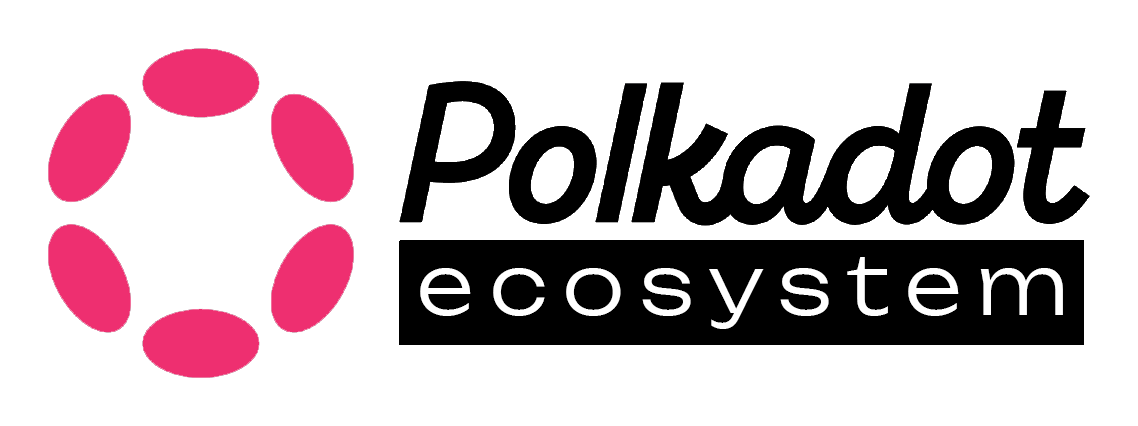Decentralizing TikTok w/ Polkadot, Solving the US Ban
In recent months, the United States government has been scrutinizing TikTok due to national security concerns and its connections to the Chinese government. With over 170 million users in the US alone, TikTok’s potential ban has sparked significant debate and concern among users and stakeholders alike. However, a promising solution has emerged that not only addresses these concerns but also paves the way for a new era of decentralized social networking. This solution involves the sale of TikTok to an American company that is deeply invested in Polkadot technology and the decentralization of social networks. This article delves into the potential of this solution and its implications for the future of TikTok and social media as a whole.
The Urgency of TikTok’s Situation
As it stands, TikTok is at a crossroads. The US government has expressed intentions to ban the app unless it is sold to an American entity. This decision is rooted in concerns over data privacy and national security, given TikTok’s ownership by the Chinese company ByteDance. In response to these concerns, US billionaire Frank McCourt has stepped forward with a bold proposition: acquire TikTok and rebuild it using decentralized technology.
Enter Frank McCourt and Project Liberty
Frank McCourt, former owner of the Los Angeles Dodgers, is leading a consortium to acquire TikTok. McCourt’s initiative, known as the “people’s bid,” is not just about ownership transfer but about fundamentally transforming how social networks operate. He is collaborating with investment bank Guggenheim Securities and law firm Kirkland & Ellis to make this vision a reality.
At the heart of McCourt’s plan is Project Liberty, an initiative focused on decentralizing social networks to safeguard privacy and data ownership. Central to this project is the Decentralized Social Networking Protocol (DSNP), which aims to shift control from centralized entities to individual users.
The Role of Polkadot and Web3 Technology
Polkadot, a leading blockchain technology, offers a robust framework for building decentralized applications. Its unique architecture, consisting of multiple parachains, allows for high security and scalability. McCourt’s plan involves leveraging Polkadot’s parachain, Frequency, to rebuild TikTok.
Frequency, which secured its position as a parachain on the Polkadot network in November 2022, is designed to empower individuals by ensuring the portability of their content and safeguarding their privacy. This aligns perfectly with the goals of DSNP and Project Liberty.
Benefits of Decentralization for TikTok
- Enhanced Privacy and Data Ownership: One of the primary benefits of decentralizing TikTok is enhanced privacy and data ownership for users. Currently, social networks often treat users as products, monetizing their data without giving them control. Decentralization shifts this paradigm, giving users ownership of their digital identities and control over their data.
- New Avenues for Content Creators: Decentralized social networks offer new financial opportunities for content creators. By integrating Web3 technologies, TikTok could provide greater ownership over content and revenue streams through mechanisms like tokenization and decentralized finance (DeFi).
- Security and Flexibility: Polkadot’s blockchain technology offers high security and flexibility, making it an ideal platform for building decentralized social applications. This ensures that TikTok can scale efficiently while maintaining robust security measures.
Implications for Global Adoption of Web3
The potential purchase and decentralization of TikTok could be a turning point in the global adoption of Web3 technologies. By demonstrating the viability of decentralized social networks on a large scale, TikTok’s transition could inspire other platforms to follow suit, accelerating the adoption of decentralized internet protocols worldwide.
The Path Forward
While the potential sale and decentralization of TikTok are still in the discussion phase, the profiles of the people involved and the technologies proposed make this a plausible and exciting prospect. Frank McCourt’s initiative has garnered support from influential figures like Gavin Wood, further bolstering its credibility.
As this story unfolds, it will be crucial to monitor how these developments impact not only TikTok’s future but also the broader landscape of social media and internet technologies. The shift towards decentralization could mark a significant evolution in how we interact online, offering greater control and security to users globally.
Conclusion
The proposed solution to the US ban on TikTok through its sale to an American company invested in Polkadot technology and Web3 represents a groundbreaking approach to social networking. By decentralizing TikTok, we can safeguard user privacy, provide new opportunities for content creators, and potentially drive the global adoption of Web3 technologies. This innovative approach could redefine the future of social networks, ensuring that users, not corporations, hold the power and control over their digital identities.

